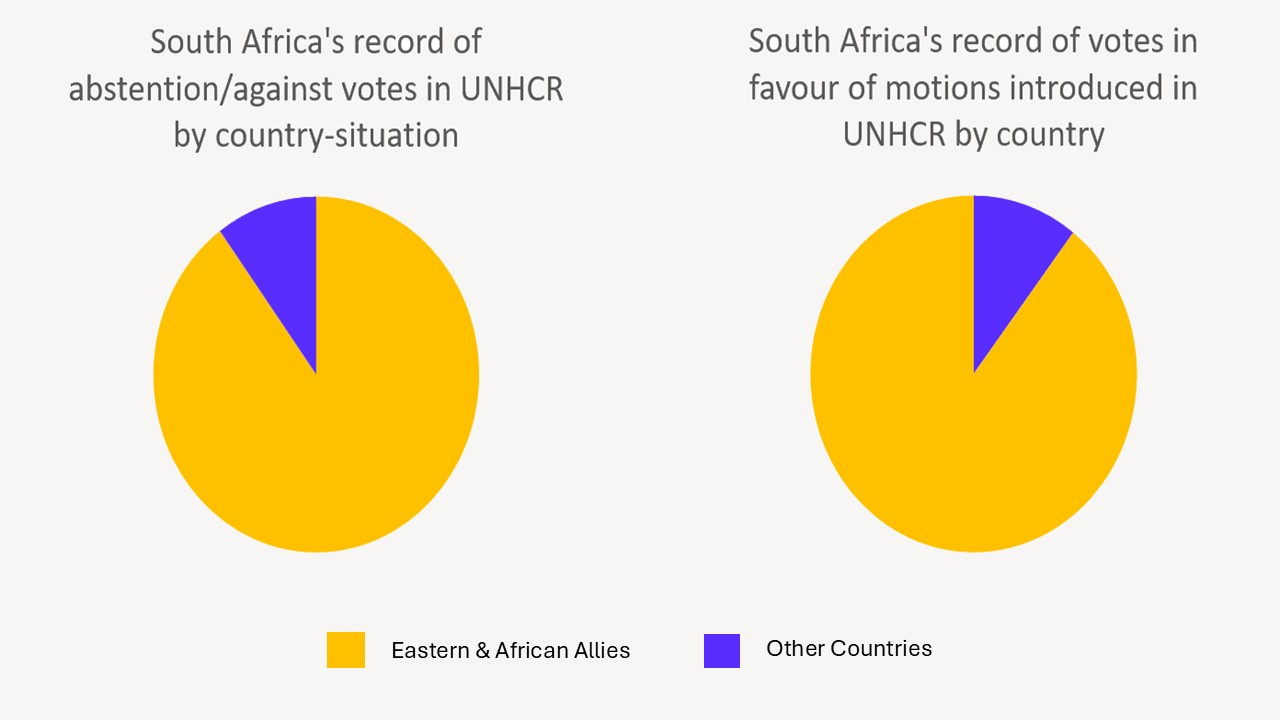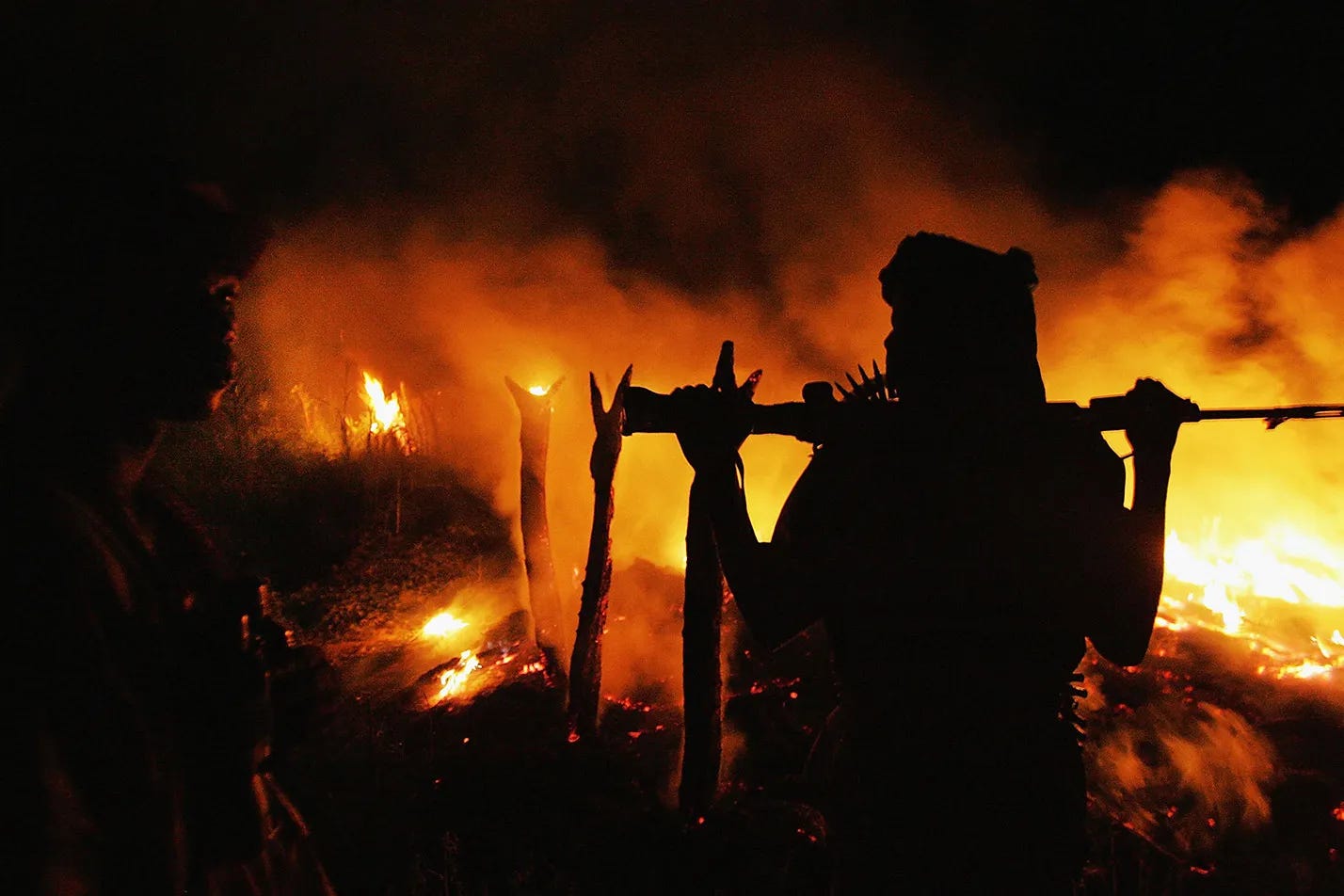Introduction.
Trump is coming.
The two-time American President has been back in office for barely a matter of months and already seems to have the whole world on edge. While bureaucratic resistance and inertia hampered Trump's first term, his second is already taking a markedly different trajectory. With the Democratic opposition in disarray and overwhelmed by a wave of new executive orders, Trump now has free rein to fully embrace his populist instincts.
The result has been an epochal shift in policy. Vast purges of the federal bureaucracy, debilitating cuts to social spending and foreign aid budgets. Sudden rug pulls of former US allies like Ukraine, weaponisation of tariffs to cajole concessions out of neighbours like Canada & Mexico. Gone are the days of the liberal internationalist, post-war America, which sought to wield its beguiling soft power to gradually bring all nations into its orbit. Trump's stance on international affairs, as with everything else, is “America First,” and the self-styled grandmaster of deals will stop at nothing to ensure his country's place in the world.
South Africa in the headlights.
All this is, by now, quite academic. The real question for those reading is what any of this DC drama has to do with us here in South Africa. After so many years of neutrality and mutual benefit from trade, why has the proverbial eye of Sauron come to menace us with its piercing gaze?
Local government and its toadies in the media have been keen to heap blame upon Solidariteit, Afriforum, and their much-publicized lobbying efforts. The international press has been close behind, adding to the cacophony with their own brand of clumsy blood libel and overactive fantasizing about how Elon Musk, Peter Theil, and the so-called PayPal Mafia of supposedly Afrikaner-aligned tech bros are pouring misinformation into Trump's ear and aiming to somehow restore Apartheid.

It suffices to say that such hatchet jobs serve only to obfuscate the real cause for why the bottom has fallen out for US- SA relations. In truth, the Afrikaner rights organisations are but the belated firemen trying desperately to quench the blazing funeral pyre for what once was our relationship with America. A suttee which ANC officials in our DIRCO (Department of International Relations & Cooperation) have been diligently heaping up for years and decades, forgetting where they stood until someone finally lit a match.
Choosing Sides.
Since the earliest days of the Cold War, many nations, including some of our present-day BRICS allies, have reaped great benefits through an intentional policy of international non-alignment. Sadly for ordinary South Africans, such pragmatism has historically eluded the country's ruling party. Having come of age as a soviet backed liberation movement, the African National Congress has only ever viewed international politics through the prism of a singular, overriding loyalty. One which compels it to view the United States as nothing short of an arch enemy.
For the simplest illustration of this, we need only to look at the way South Africa votes at the UN. Since the ushering in of full democracy, South Africa has consistently boasted one of the most anti-US voting patterns of any country.. In United Nations Human Rights Council votes where countries don't reach a consensus, South Africa has almost always been against the US, siding with either the African block or the Eastern//Ex Communist one (China, Russia, Iran, Venezuela etc). This pattern isn't motivated by moral concern but rather naked partisanship. In cases where the Eastern block countries are the perpetrators of abuses, South Africa has invariably abstained from voting.

This shamelessly sectarian approach to rights issues is best laid bare by the ANC government's attitude towards the abuses perpetrated on our continent. For years, as the situation in neighbouring Zimbabwe unraveled amid violent landgrabs, rigged elections, and jailed dissidents, not a peep from Pretoria was heard. Instead, ex-SA President Thabo Mbeki opposed Zimbabwe’s exclusion from the commonwealth and honoured the country's dictatorial leader, Robert Mugabe, at his state funeral in 2019.
Further north, the memory of thousands of black Africans who perished in the Darfur genocide lie equally neglected. In 2015, when Omar Al Bashir, the now ex-tyrant of Sudan whose forces perpetrated those massacres, visited Pretoria for that year’s African Union Summit, local authorities gave him diplomatic cover despite outstanding international arrest warrants against him. Just as with Mugabe, the ANC considered Bashir’s anti-Western stance as justification enough.

In 2022, as relations between the US and its eastern rivals unraveled in the wake of the Russian invasion, South Africa once again made no attempts to hide its true allegiance. That year, on the eve of Moscow's incursion, ANC officials reportedly held a champagne toast with their Russian counterparts to celebrate, following up by sending some of their junior members to endorse the dubious elections held in Ukraine's occupied territories. Following on from this, in early 2023, the South African navy snubbed the US offer to take part in the Cutlass Express maritime drills but happily assented to drills with Russia, China, & Iran on two separate occasions since.
A Final Straw.
While the American establishment no doubt views South Africa's Russian alignment as a loathsome irritant, it is not in fact the true seed of discord between the two countries. That honour instead goes to the Israel-Palestine issue, something which perhaps no other two countries, save the belligerents themselves, could hope to diverge on as much.
Whereas America and the state of Israel are practically joined at the hip, South Africa makes no secret of the fact that it similarly considers the Palestinian struggle an extension of its own. Since 2015, it has voted against Israel no less than 167 times at the UN General Assembly. Besides this, it has also been a key architect in landmark legal challenges to Israeli conduct in Gaza, such as the 2009 Goldstone Report and the 2024 genocide case brought to the ICJ. Officially, South Africa maintains neutrality, insisting that it is motivated purely by humanitarian concern. As before, however, the behavior of ANC officials behind closed doors reveals more factionalist motivations.

In the wake of Hamas’s attack on Israel on 7 October 2023, the former South African international relations minister, Naledi Pandor, is said to have communicated with their leadership directly. Around that same time, Ronnie Kasrils, ex head of ANC intelligence during the apartheid era, remarked that the assault was "A brilliant, spectacular guerilla warfare attack” and that “They swept in on them and they killed them and damn good”. Kasrils went on to say that he “was so pleased and people who support resistance applauded.” Though even the ANC has never gone so far as to openly make common cause with Islamic extremism, the local roots of the two movements are nevertheless closely intertwined, This raises some interesting questions around governments’ apparent ambivalence towards SA becoming both a front for terrorist financing and a haven for jihadist training camps, a fact which the Americans are certain to ruminate on as well.
The Coming Blow.
Since the US government levied its first warnings earlier this year, South Africa has made the fatefull decision to take a hardline approach in response. Doubling and then tripling down, it has accused the Trump presidency of misinformation, levied accusations of treason against the Afriforum/Solidariteit lobbyists, threatened US tech companies with punitive antitrust fines, and hosted official summits about the intent to strengthen their strategic partnership with Iran.
For Washington, the message is loud and clear. As of now, it is no longer a matter of whether the hammerstroke will fall, but where and when. With sanctions looming and SA’s struggling economy sure to be adversely impacted, can we somehow still turn the blow? With some luck I believe we can and will discuss more on that in part 2.



